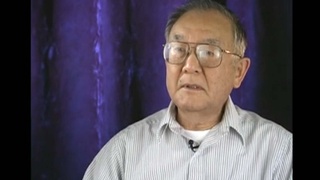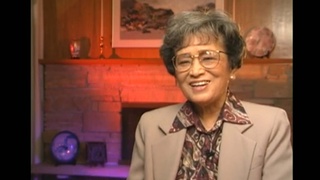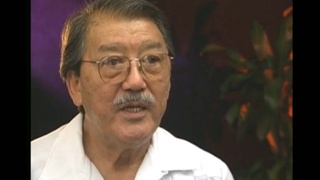Interviews
Personal feelings as a Nikkei commissioner
Well, I’m sure if I (chuckles) were doing it today, I’d break down, but I didn't, I hopefully didn’t. Because as I said before, there were a series of various emotions just knotted into one. There were feelings of rage, of insult, of sorrow, of disappointment—name it. All of these things were accumulating. I fought back tears, particularly in San Francisco where the belief that if I break down and cried, that I would lose credibility. So I fought back tears. I had hoped that I don’t think anybody saw them. There were some tears in my eyes, but not enough to roll down my cheeks to give me away. I don’t mean to be melodramatic about it. That’s just so. That’s the way it came about.
Date: August 27, 1998
Location: Pennsylvania, US
Interviewer: Darcie Iki, Mitchell Maki
Contributed by: Watase Media Arts Center, Japanese American National Museum







